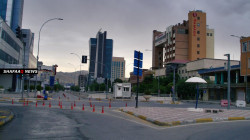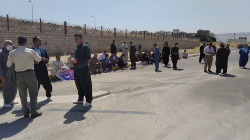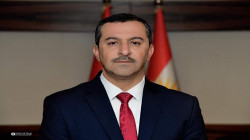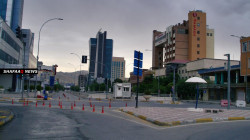Al-Sulaymaniya’s employees continue strike over salary delays
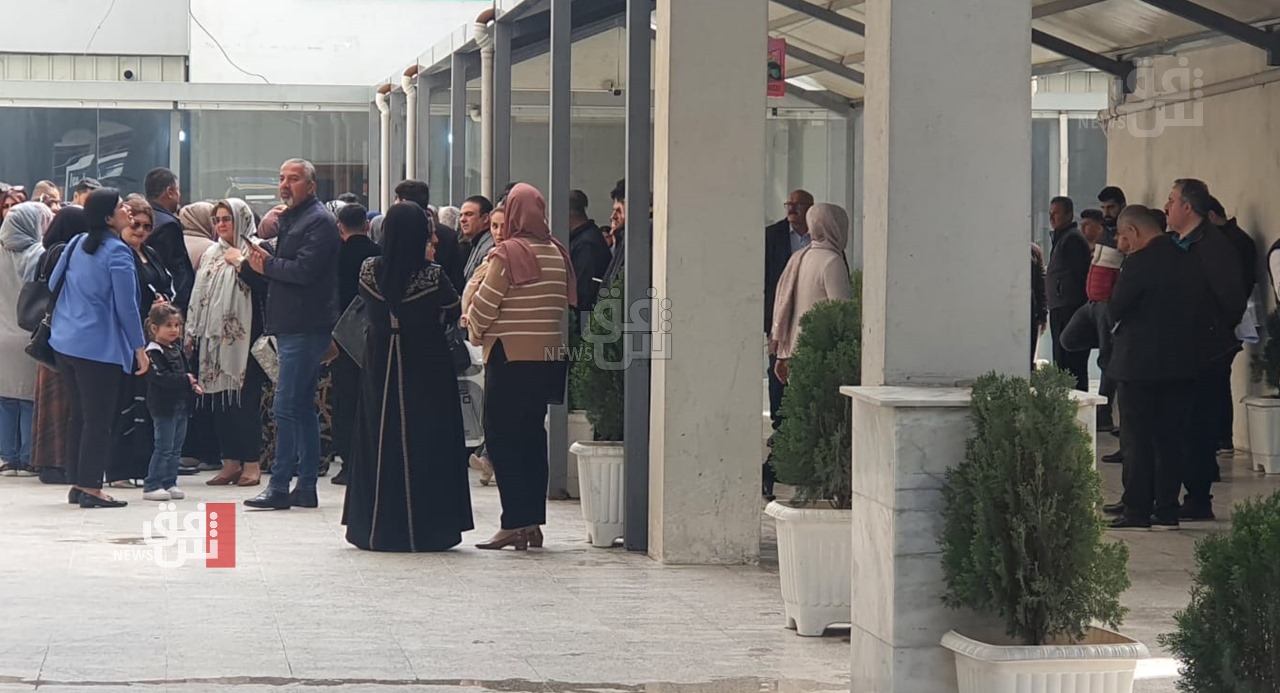
Shafaq News / Employees of many government departments in al-Sulaymaniya governorate, including the independent administrations of Raparin and Karmian, renewed their strike on Sunday due to the delay in disbursing their salaries.
Our correspondent reported that “salaries have not been disbursed for more than 56 days”, noting that “employees of al-Sulaymaniya Traffic Directorate have been on strike for a week, joined by some employees of the al-Sulaymaniya Tax Directorate, Electricity Directorate, Shar Hospital, Klar General Hospital, Passport Office, National ID Office, Roads and Bridges Directorate, Social Care Office, Public Prosecution, and some health centers.”
“Some employees and professors of the University of al-Sulaymaniya, as well as some colleges and institutes, declared a strike due to the delay in salary payments. Additionally, some students announced their strike in solidarity with their teachers and relatives due to the delay in their monthly grants.”
Employees demanded the disbursement of their monthly salaries, especially as they need them for the requirements of the holy month of Ramadan, during which their living conditions have deteriorated.
This strike comes after the Minister of Finance and Economy in the Kurdistan Regional Government (KRG) Awat Sheikh Janab announced yesterday that the salaries for February would not be distributed until Baghdad sends the salaries of the security forces.
Noteworthy, KRG's Council of Ministers had called on the Federal Ministry of Finance in Baghdad to send the dues of salary recipients to the Ministry of Finance and Economy in the Region in full and without discrimination.
On Wednesday, 21/2/2024, the Federal Supreme Court, the highest judicial authority in Iraq, decided to obligate both Prime Ministers Mohammed Shia Al-Sudani and Masrour Barzani to localize the salaries of employees and workers in the public sector at federal banks.
Salaries are among the main outstanding issues between the Iraqi and the Kurdish governments, along with the oil export and disputed areas.
The Court's new decision has sparked anger and criticism among Kurdish politicians, with some claiming that the decision is unconstitutional and politically motivated and that it undermines the autonomy and finances of the Kurdistan Region.
However, some observers and experts argue that the decisions are correct and consistent with the law and the constitution and that they will ensure the rights of everyone and end the suffering of the Region's employees.
